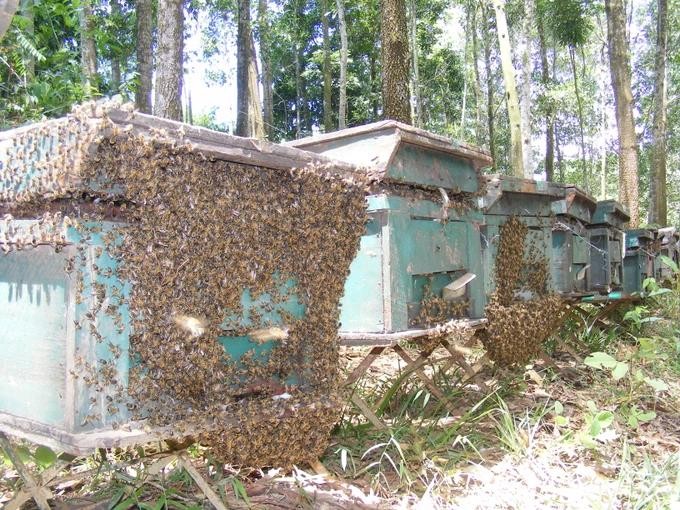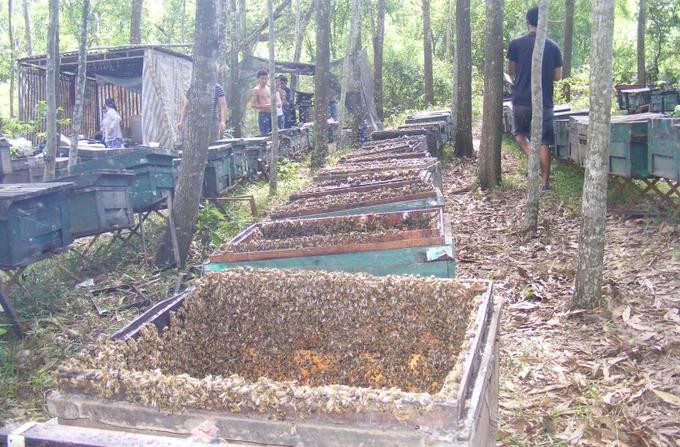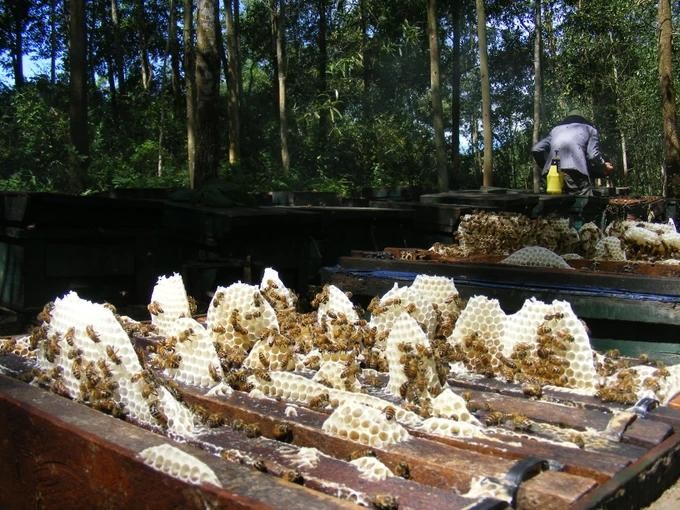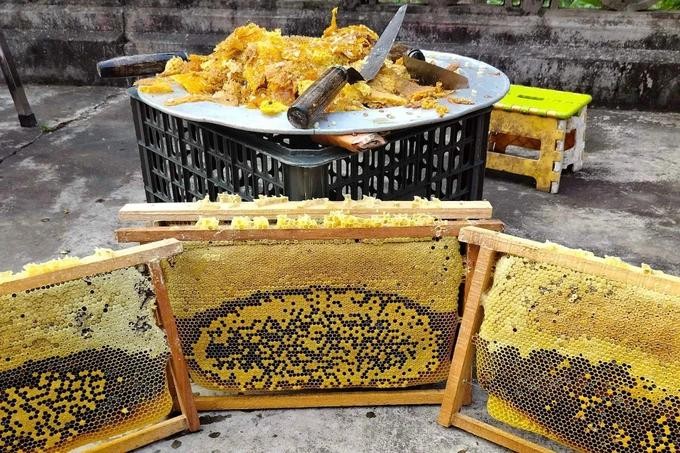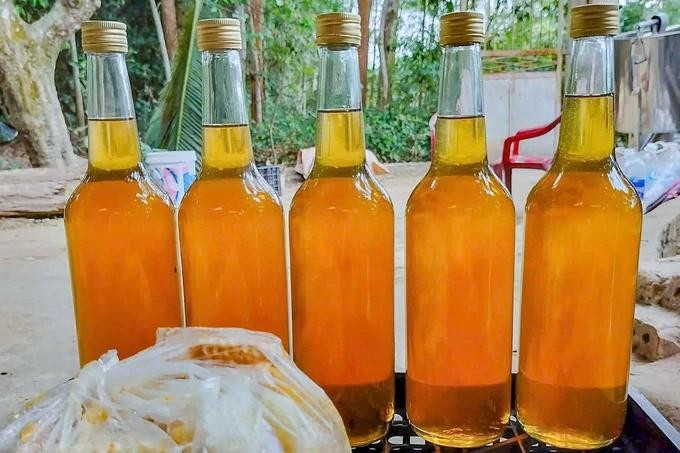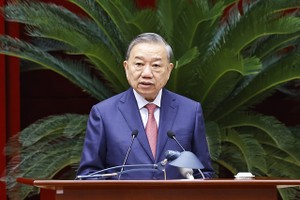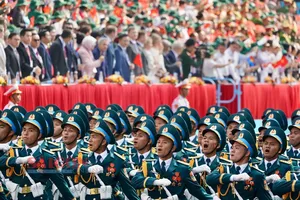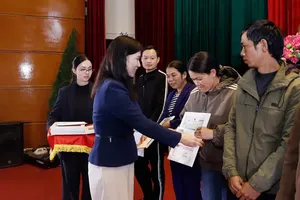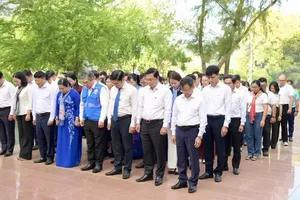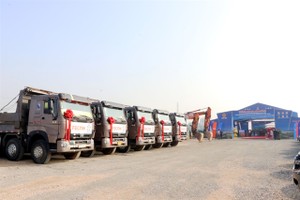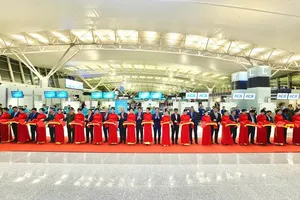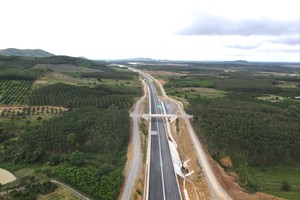The Ben En National Park in Thanh Hoa Province has an ideal environment for honey bees and the development of honey beekeeping. The park has favored large rivers, lakes, and primeval forests with rich and diverse vegetation.
Nguyen Trong Thanh's family in Xuan Lai Village in Hai Van Commune of Thanh Hoa Province is one of the pioneer households in raising bees under the forest canopy. By living off the forest and raising bees beneath the canopy, his family has achieved a stable lifestyle.
According to Mr. Thanh, honey bees typically reproduce during the second and third lunar months. A queen bee can lay between 1,500 to 2,000 eggs per day and night under normal conditions. After being fertilized, the queen bee lays eggs in the honeycomb holes in the hive. Three days later, the larvae hatch and after 21 days there will be adult bees.
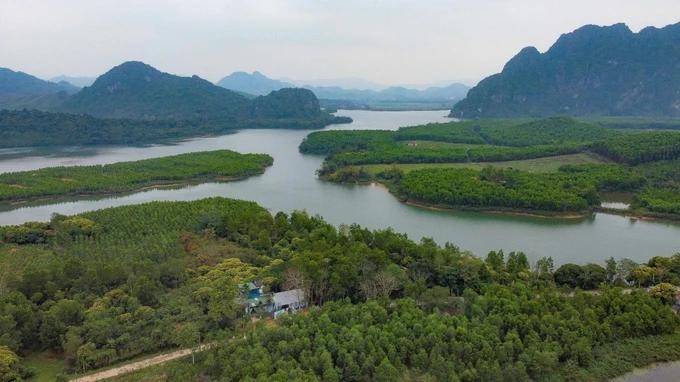
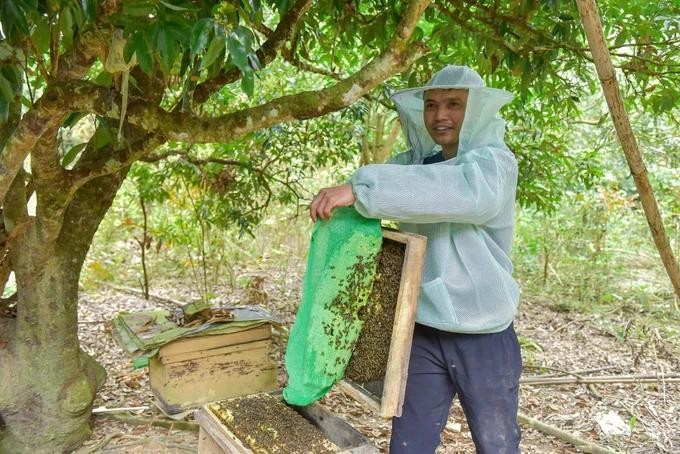
During this time, a beekeeper builds the colony and multiplies it into separate breeding boxes. After multiplying the colony, the beekeeper places the bee boxes under the forest canopy in the buffer zone of Ben En National Park. This season, in addition to wild flowers, lychee and longan flowers also begin to bloom. These are two flowers that honeybees love and produce sweet honey.
Currently, Mr. Thanh's family is raising more than 100 bee colonies. Each honey season, he collects about 1 ton of finished honey. With the selling price ranging from VND200,000 to VND250,000 a liter, depending on the time, it also brings his family a significant income.
Expert Nguyen Xuan Van from the Department of Agriculture and Environment of Nhu Thanh District, said that thanks to the advantage of Ben En National Park, many households in the district have developed the profession of beekeeping for honey. Many households raise from 100 to 200 bee colonies. Ben En honey has now established a brand and is favored by consumers, thus bringing a stable source of income to the people, promoting local economic development.
